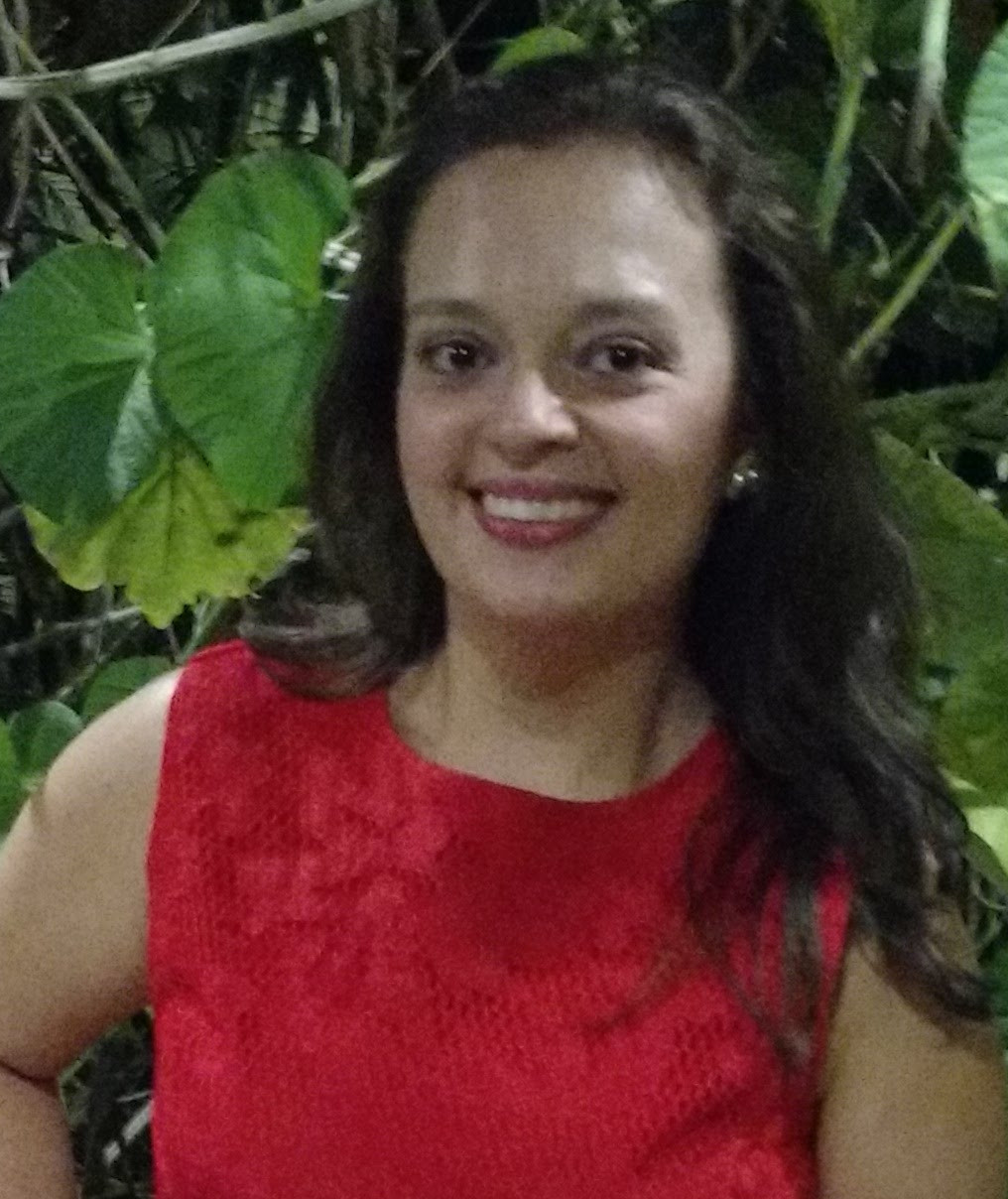Presentation of SEH 2021
Healthcare systems in many countries are leveraging emerging technologies (e.g., cloud computing, big data, mobile apps, data science, biosensors, and wearable devices) and modern software engineering approaches to ensure continuous quality improvement in the presence of rapid change and increasing challenges. Software-intensive systems are seen as a key enabler for healthcare system reform in many jurisdictions with major investments and incentives to propel this transformation. At the same time, interoperability barriers continue to impede the composition of emergent healthcare systems, where different types of healthcare providers from different organizations need to coordinate efforts to deliver complex care. In this scenario, a community involving researchers and practitioners of software engineering for healthcare has emerged and shall continue to grow and mature, addressing diverse themes and their intersections.
Call For Papers - SEH 2021
Topics
This workshop will focus on discussing and establishing the theoretical foundations of software engineering for healthcare to develop and evolve complex health systems,
paving the way for a more structured community effort. We expect to identify and characterize research that has effectively contributed to the patients' quality of life
and/or treatment outcome, pointing out further research directions. Finally, our goal is to continue developing an interdisciplinary, international community with an
effective research, educational and industrial agenda for supporting software engineering in the healthcare sector.
Hence, this workshop will focus on the combination of the following themes, but not limited to:
Software engineering: methods and techniques for modeling, designing, developing, and evaluating healthcare systems, software architecture extraction and description of healthcare systems, reference architectures, continuous architecting, architecting families of products, context awareness and autonomous computing, technical debt, software quality, development processes, user interface, system interoperability, cloud native applications, safety, security, sustainability, data governance, workflow integration, compliance and regulatory issues, and data analytics;
Healthcare systems: eHealth, mHealth, telehealth, electronic health records systems, medical devices, biomedical data, healthcare performance management, quality of care, medication adherence and health monitoring, electronic prescription, healthcare management systems, ageing users, standards, and clinical decision support. We look for papers that explore the above topics and the role that software engineering plays in creating solutions to address them. We are expressly interested in submissions from researchers in developing and underserved countries. We are also particularly interested in emerging trends in current practice submitted by those working in the healthcare domain.
Considering these themes, this workshop represents an important contribution for the software engineering and healthcare communities in terms of in-depth discussions and lessons learned, establishing a comprehensive research agenda for software engineering for healthcare.
Submission
Three types of submissions are invited:
Technical papers limited to 8 pages, presenting novel or tailored methods, processes, and tools for software engineering for healthcare;
Case studies limited to 8 pages, reporting experiments and/or industry experiences with one or more topics in the workshop; and
Short papers limited to 4 pages, reporting preliminary results of ongoing studies in the topics in this workshop, identifying relevant challenges or promising directions for engineering such systems.
The page limit includes all text, figures, tables, and references. All submissions must be unpublished original work and not be under review elsewhere. All papers will be judged on the basis of their clarity, relevance, originality, and contribution.
Submissions must follow the IEEE Computer Science proceedings format, as workshop proceedings will be published by IEEE CS Digital Library.
All submissions must be in English and submitted in PDF format through online upload to Easychair: https://easychair.org/conferences/?conf=seh2021
Publication of Papers
Accepted papers will be published in the electronic ICSE Proceedings in the IEEE Digital Library.
Click here for more information about ICSE proceedings publication.
Important Dates
Submission deadline: Jan. 12, 2021 Jan. 19, 2021 (extended!)
Notification: Feb. 22, 2021
Camera-ready copy: March. 12, 2021
SEH Workshop: June. 3rd, 2021


 Elena Navarro
Elena Navarro
 Jens Weber
Jens Weber
 Elisa Yumi Nakagawa
Elisa Yumi Nakagawa
 Frances Paulisch
Frances Paulisch
 Lina Garcés
Lina Garcés